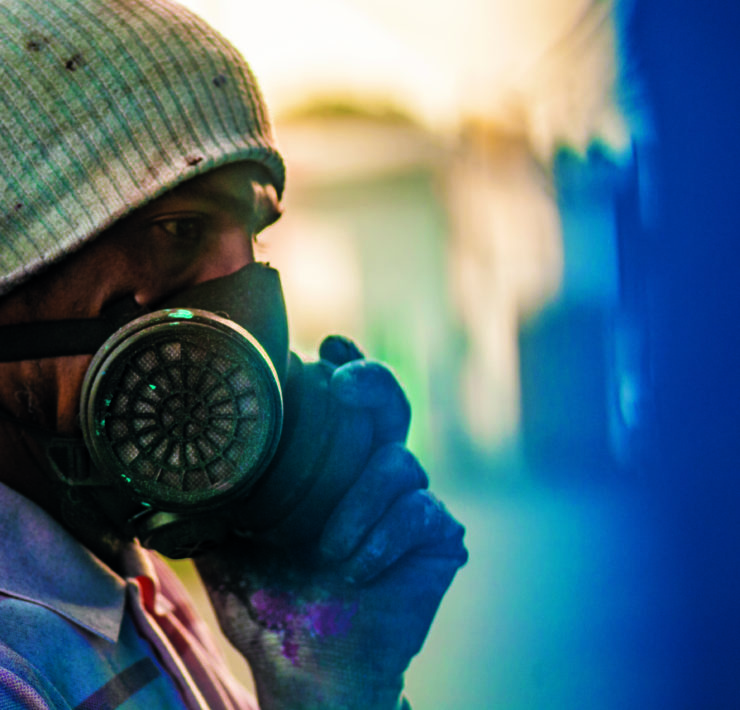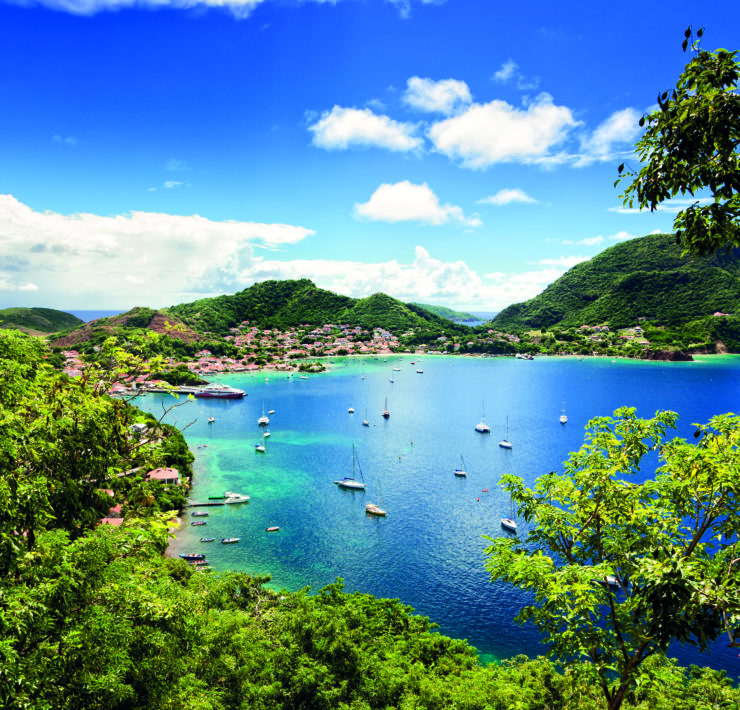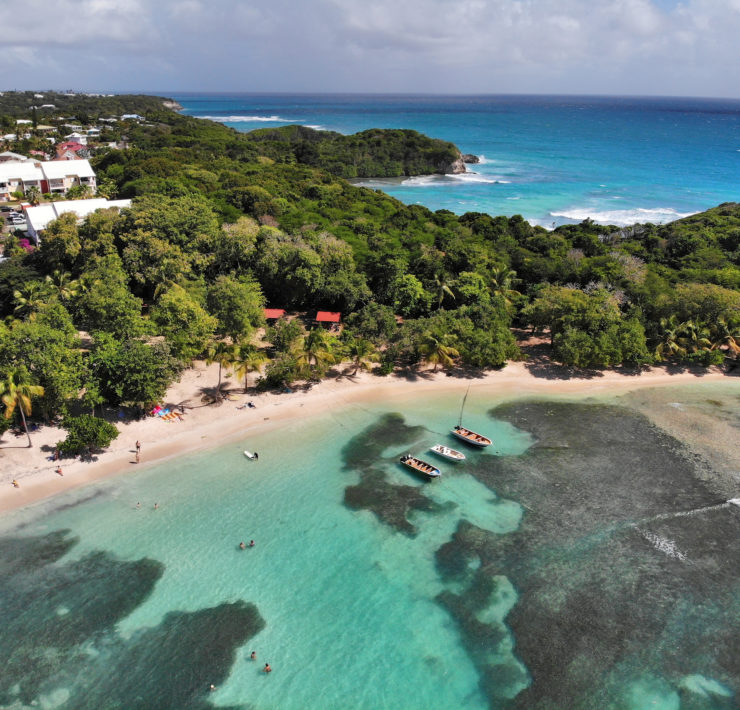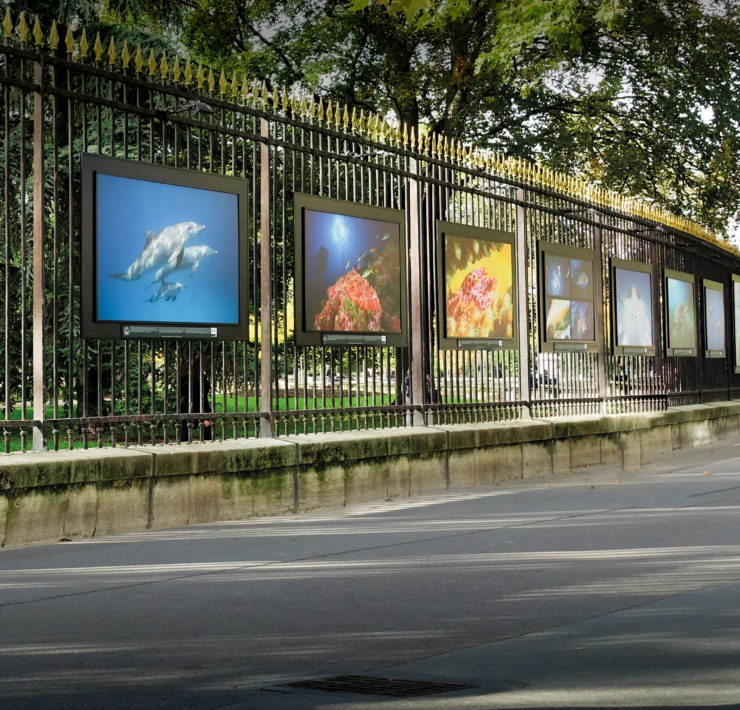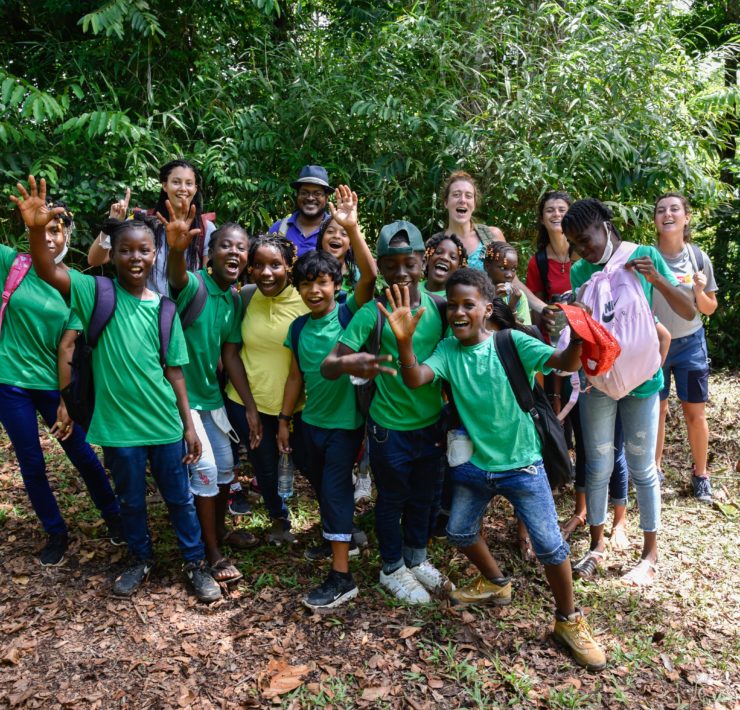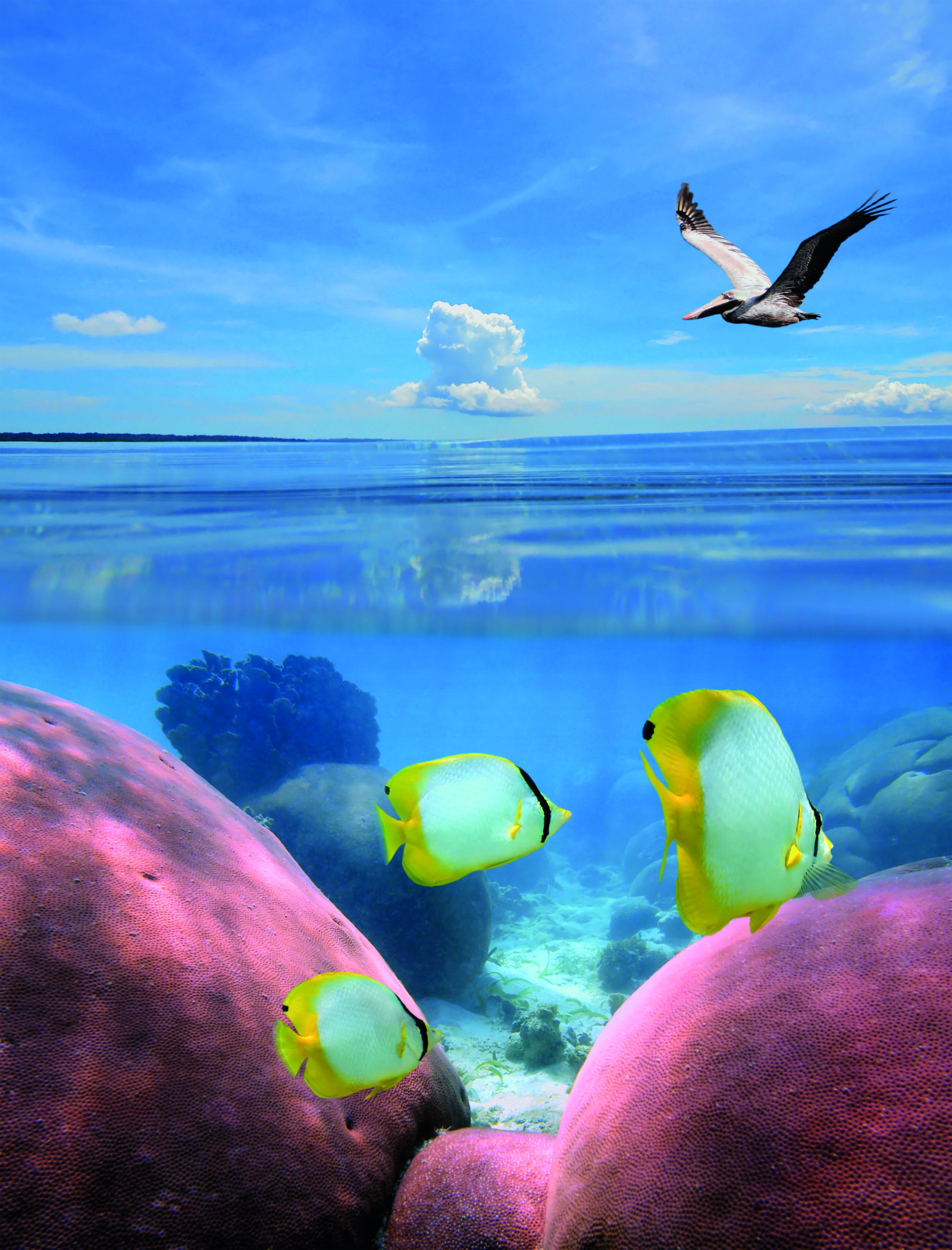
A member of the Guadeloupe Regional Council, Sylvie Gustave-Dit-Duflo is also on the Board of Directors of the French Biodiversity Office. On the occasion of the European Sustainable Development Week beginning on September 18, 2020, she shares with us her perspective on the state of our planet and outlines positive prospects for change.
ONAIR: Given today’s hot issues, what do you think can be learned from the current pandemic with regard to the state of biodiversity?

Sylvie Gustave-Dit-Duflo: We can indeed question the link with biodiversity through our proximity to wild animals, as the natural reservoir of the Coronavirus is the bat. Today humans find themselves mixed with animals that they eat or keep in captivity, which some believe should not be. The Ministry of Ecological and Inclusive Transition entrusted a mission on this subject to the Foundation for Research on Biodiversity. Scientists have shown that there are correlations between environmental change, loss of biodiversity and an increase in the prevalence of infectious diseases such as zoonoses (diseases transmitted from animals to humans). The zoonotic risk can be increased by the erosion of biodiversity: deforestation, construction of mega-infrastructures such as dams or roads which cut through sensitive natural areas… All of this brings animals with sensitive natural reservoirs into contact with humans. Wherever there is a very strong loss of biodiversity, zoonosis will increase. The question is how to integrate into this biodiversity with a minimum of impact rather than the other way around. We have to change paradigms.
OA: Regarding change, what can this collective experience we are going through bring us?
SGDD: Coronavirus can make us more resilient. The world was going very fast until March 11, the day it stopped. Beyond lockdown, the coronavirus poses a question: Do we favor recovery of the world as we know it (with its excesses, its logic of profits…) or do we create a World After?
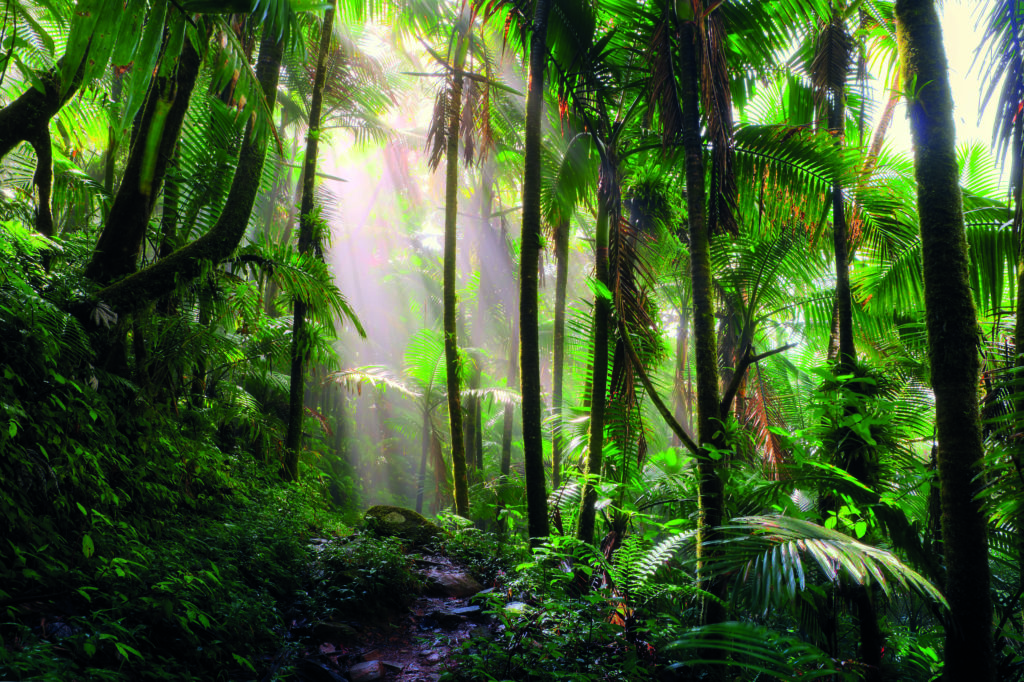
OA: How do you see this World After, or rather, how do you dream it will be?
SGDD: It should be oriented a little more towards ecology, preserving plant and animal species. The economic model we have is very intrusive (more land for development, more infrastructure, shopping centers, roads etc.). So let’s ask this question also to economists and not just to scientists: Are we going to be less in conflict with nature and move towards it or keep eating up natural, at risk spaces?
OA: On January 31, 2020, you were appointed, by ministerial decree, member of the Board of Directors of the French Biodiversity Office (OFB) and then elected Vice-President of the organization.
SGDD: The OFB was created just before the lockdown. It results from the union of the former French Biodiversity Agency and the National Office for Wildlife and Hunting. I was appointed as part of the Association of French Regions (ARF) in order to represent the overseas regions. The OFB’s role is to define the national strategy on biodiversity, define the major issues, major orientations and perspectives. In short: how to preserve biodiversity while living there. Prevention, promotion, awareness, police: the OFB interacts locally, for example with the DEAL, the municipal police and other actors.
OA: What are the benefits of this structure for Overseas Territories?
SGDD : For us overseas, OFB is an important partner for all water issues. It is a funding partner of the State. Each region is represented in the OFB organization chart and overseas regions have a strong, specific representation (we represent 80% of French biodiversity). Within the OFB, a department is also dedicated to overseas regions. In the Overseas delegation, there is a delegation from the Antilles (Guadeloupe, Martinique, St Martin), a delegation from Guiana, one from the Indian Ocean (Reunion, Mayotte) and one from the Pacific.
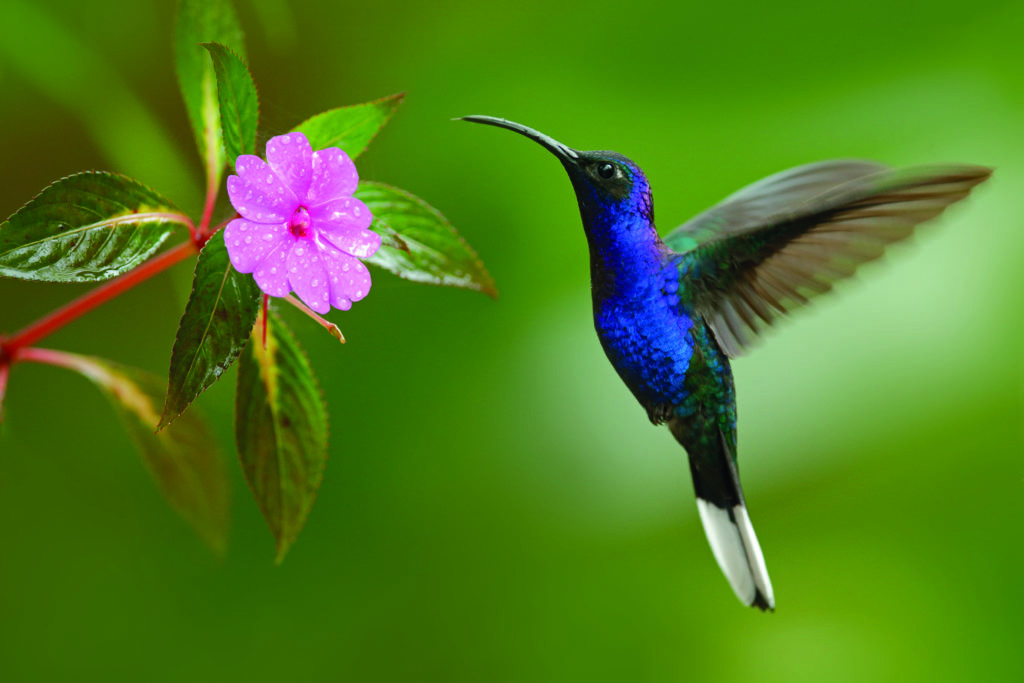
OA: How are these issues dealt with in Guadeloupe, more particularly?
SGDD: For two years we have been working on a prefiguration of the Regional Biodiversity Agency of the Guadeloupe Islands. It is scheduled to be created in the first quarter of 2021. As the OFB’s strong arm in the regions, it will allow the territory to be a force for proposing suggestions and voicing complaints. It will also make acquisition of knowledge, networking of actors, assistance to project leaders and shared access to resources possible. Seven agencies have been created in France and none in the overseas territories. These regional structures will develop by relying on actors locally. In Guadeloupe, the Agency will become the focal point, the reference for biodiversity throughout the territory (in conjunction with the ONF, the coastal conservatory, the DEAL, the Department, the Guadeloupe National Park). It will not just be for show: it will aim at bringing together all partners to define the regional biodiversity policy. We have a lot of challenges to overcome.
OA: You are the 8th Vice-President of the Guadeloupe Region, in charge of Research and Innovation, President of the Environment and Living Environment Commission of the Regional Council. How does the Collectivity comprehend these issues?
SGDD: From 2014 to 2020, three calls for 25-million-euro research projects were launched by the Region. They relate to tsunami risk, health and agro-ecology. A third call for projects, international this time, was launched on Sargassum seaweed. Being a scientist by training (with a PhD, lecturer in neurosciences), I follow these subjects in particular.
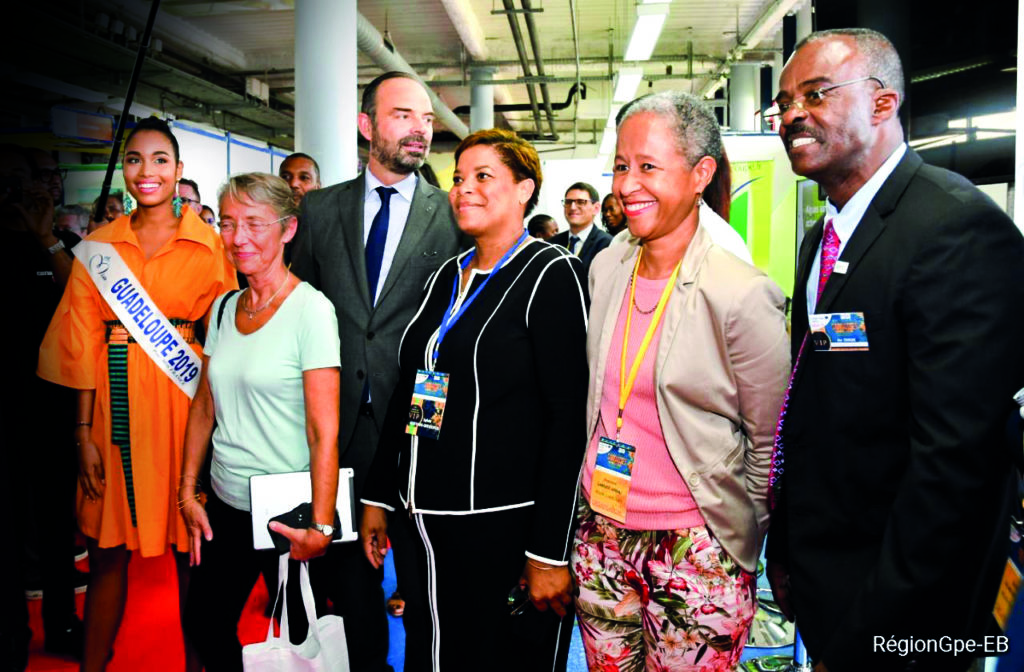
OA: Since you mention it: Is agroecology also part of this ideal world of tomorrow?
SGDD: Of course! It is already part of today’s world. The Region strongly supports research carried out in this direction. Many farmers are moving towards more environmentally friendly agriculture. Our history with chlordecone makes us much more sensitive to these issues. Pepole in the West Indies should also be able to testify to be heard, speak the voice of resilient populations telling Metropolitan France or other overseas populations “do not go in this direction. Pesticides are not the way of the future. We have to go towards natural solutions.”
OA: Is agriculture another area where biodiversity preservation matters?
SGDD: Indeed, our fights against Coronavirus and chlordecone are the same. We must have a better knowledge of our biodiversity in order to preserve it and preserve ourselves: the exceptional hydrophilic forest, the Soufrière forests and also Creole gardens. With our knowledge and experience, we will continue, resiliently, to move forward and, hopefully, build a better world.
Interview by : Agnès Monlouis-Félicité

